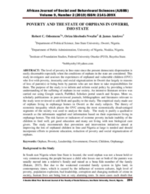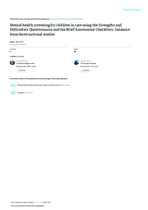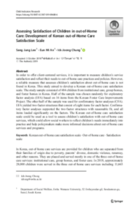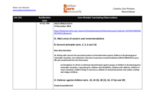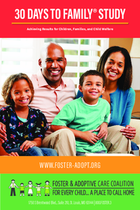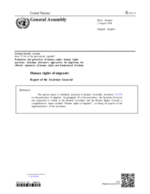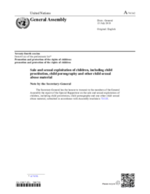Poverty and the State of Orphans in Owerri, Imo State
This study investigates and assesses the experiences of orphaned and vulnerable children (OVC) who live with poverty, insecurity and social stigmatization in Owerri due largely to reasons of loss of parent(s) or being born by parents who are not there to take responsibilities for them. The purpose of the study is to inform and reform social policy by providing a better understanding of the suffering of orphans in our society.

